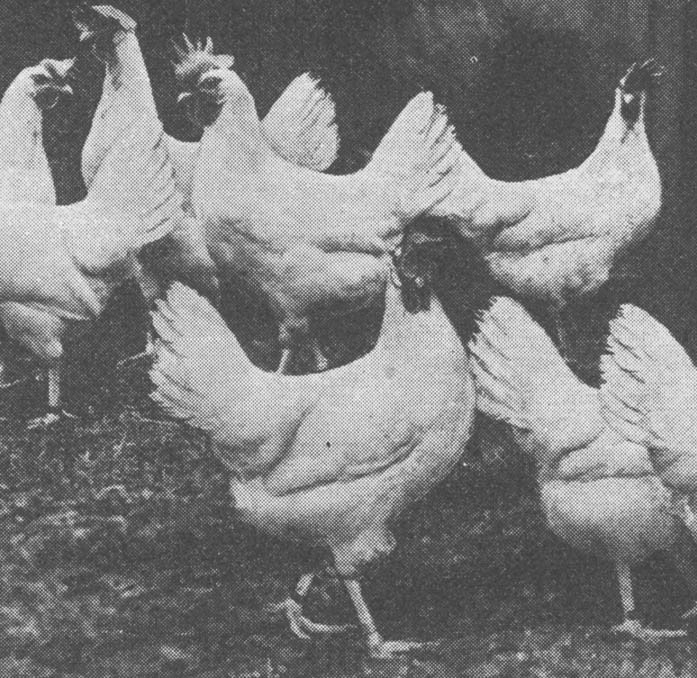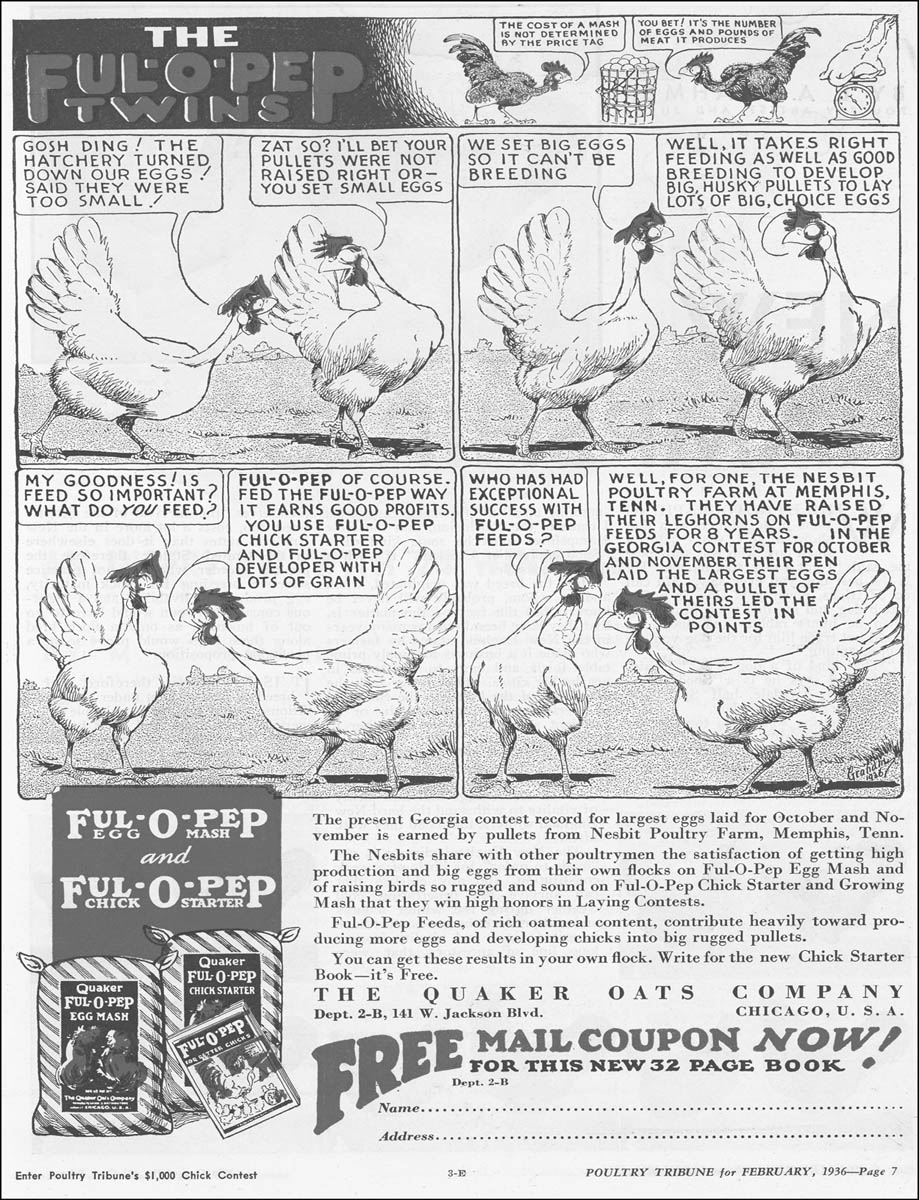

When the topic of keeping chickens in city or other residential areas comes up, you don’t want to get on the wrong side of your neighbors or the law. Upset neighbors can make your life miserable; the law can force you to send your chickens packing. As a prospective chicken keeper, long before you crack open your first fresh backyard egg, crack open the books on your city’s laws and ordinances regarding the keeping of chickens. Just as important is to poll all the neighbors adjacent to your property and get their “yes” vote on your feathered friends.
Don’t invest in any coop materials and supplies — and especially not any chickens — until you have first checked in with your neighbors to gauge their warmth toward having a chicken coop near their home. It is the considerate thing to do. Even if you find that your local laws don’t require a permit for your chickens, talk to your neighbors anyway. Include them in the process. After all, small flocks of chickens in a residential backyard may still be considered an eccentricity in your neighborhood (though this perception is changing). Your neighbors will appreciate your openness and courtesy about keeping what many consider to be strictly farm animals on a modest parcel adjacent to their home.
Assure your neighbors that the chickens won’t be a nuisance to them or any other residents. Reassure them that you plan to be vigilant about henhouse maintenance and sanitation, and that odor will be minimal. Tell them that you intend to have only hens, no roosters. Most people are concerned about the noise accompanying a rooster. Advise your neighbors that you know roosters are too loud and rowdy to keep in close quarters and, on top of that, city law prohibits keeping them. Hens have their moments of excited clucking, most often after they’ve just laid a big egg. However, unlike roosters, most of the day chickens are quiet, softly clucking to themselves.
By including your neighbors up front, you not only avoid any potential misunderstandings later about your pet flock, but you also incidentally create new chicken lovers in your community. When I first got started building my chicken coop, neighbors and their kids would occasionally stop by and check on the coop’s progress. Some even wanted to participate in building the coop. Everybody was excited, asking nearly every day for weeks, “Is the coop finished?” and “Did you get the chickens yet?”
When you finally do bring the baby chicks home, everybody and their kids will come over to see their fuzzy new neighbors. The kids love holding the fragile, peeping chicks, and the grown-ups are reduced to whispered awe as the chicks are gently passed around. From the start, my backyard flock was actually the block flock. Everyone stopped in during the chicks’ early days to cuddle them and marvel at their soft innocence and utter dependence. Everybody loves chicks. As folks keep coming over to visit, they will grow to love your chicks-grown-to-chickens. Some will want their own. Give them all the good advice you’re learning here. And remember — tell them to talk to their neighbors first!
Many cities permit keeping a few chickens on residential property.
Some city codes are available on-line.
Roosters are almost always prohibited within city limits.
If you have checked in with all your adjacent neighbors about keeping chickens, and they all consent, be happy, but not too happy. Before moving in your imminent flock, you have one more step: You need to find out whether chickens are permitted in your community. You don’t want to put time and energy into building a coop until you are certain you will be complying with all local laws and ordinances.
One way to find out whether chickens are permitted is to call the animal control department or health department in your town. Tell the employee you’re put in touch with that you want to know if keeping chickens is legal where you live. If it is legal, ask if there are any specific restrictions or requirements related to chickens. Take notes. If the answer is not readily available, the city clerk may need time to obtain the correct response and will ask to call you back. Be patient!
To maintain peace in your neighborhood, get the support of all adjacent neighbors before applying for a chicken-keeping permit.
Be sure to ask the employee to provide you with the code number and section numbers that pertain to keeping chickens in a residential neighborhood. After telephoning first, you can also visit the city department, city hall, or county clerk’s office to review the code yourself. Make copies of the pages of city code that pertain to keeping chickens.
If you have access to the Internet, the quickest and easiest way to review the local chicken codes is through on-line research. Most cities and towns have a web site with links to the municipal code. If you can’t find the codes at the city’s home page, you can access a database service, like American Legal Publishing at www.amlegal.com or Municipal Codes Corporation at www.municode.com. Both services provide the index and text of the municipal codes available for selected cities in most of the 50 states for free (and for even more cities for a fee). Once you are able to call up your city or town codes, keywords that generally bring up the relevant information are chickens, poultry, or livestock. Livestock, in legalese, means typical domesticated farm animals, like cows, goats, sheep, and chickens.
Municipal codes in different cities are all organized basically in the same fashion. Major topics relating to city legislation (such as animal control and health and sanitation) are called “chapters” or “titles” in the city codes. The chapters provide general information about the topic. Specific requirements or prohibitions relating to the general topic are organized into “parts,” “sections,” and “subsections” in the codes.
Whether on-line or at the city or town hall, if you have trouble pinpointing the law on chickens, ask a clerk for assistance. Also ask for assistance if you find no law relating to chickens. You might have missed something, so you should double-check before investing in your urban coop. If there isn’t a law in the municipal code expressly prohibiting chickens, you can probably keep them. This is usually the case in towns and cities in the Midwest and South, where chickens aren’t as removed from daily household life as they are on the densely cosmopolitan East and West Coasts.

Poultry Tribune, circa 1940.
Depending on where you live, your city code may allow residents to keep a certain number of hens (no roosters, remember?) without obtaining a permit. For instance, here in Portland, Oregon, our “chicken” code, found in City Code Section 13, subsection 13.050, states that no permit is required unless you want to keep a flock of more than three hens. You may be required to obtain an annual permit for your flock of three or fewer if the city has received nuisance or odor complaints from neighbors.
If you need a permit, obtain the form from the appropriate city department. You may have to pay a nominal one-time or annual fee to the county clerk’s office. In some areas, issuance of a permit is conditional upon the written consent from all neighbors whose property adjoins yours or who are within a certain prescribed distance from your residence or the coop itself. The logic of the law: If the immediate community agrees to a neighbor’s desire to keep several hens, it is less likely that complaints about the urban fowl will come up later.
Just because you have a permit to keep half a dozen hens doesn’t mean you will always have the permit. If there any complaints about your chickens’ behavior or if coop conditions necessitate a visit from a city inspector, you may be required to have annual inspections prior to obtaining each year’s current permit. Also, permits can be revoked if your chickens cause any kind of nuisance, like excessive clucking or a foul-smelling coop, that results in repeat visits from a city inspector or other representative.
City codes often grant the permit not only contingent upon the informed, written consent of neighbors, but also with certain setback restrictions on the location of the coop in proximity to adjoining neighbors’ property lines, doors, and windows. Some codes require that the coop be 20, 50, or 100 feet from the nearest neighbor’s windows or doors. Not only are these setback requirements the law, they are the right and polite thing to do (I’m a stickler for courtesy). Set your coop as far away from your house as you can. Be sure you also set it as far as possible from your neighbors’ homes. If you don’t want to smell chicken coop in your kitchen, neither will your neighbors.
New suburban bedroom communities (a.k.a. planned unit developments, or PUDs) almost always prohibit keeping chickens in the neighborhood. These rigidly ruled communities like to keep themselves looking clean and sanitary. For a nominal homeowner association fee, a management company flunky will police your neighborhood and issue you a citation if you have more than five weeds on your property at any time. Needless to say, the PUDs have rather restrictive covenants about what homeowners may do with their homes. Such communities barely allow residents to keep dogs, much less chickens. Nonetheless, I’m hopeful. I believe that as more people start to keep small flocks of chickens in their gardens, the regulations of these PUDs will someday change to be more amenable to chickens in city and suburban neighborhoods. We should all have a right to fowl company in our gardens!
Finally, while the coop you build may be small enough not to necessitate a building permit, you should check with the building department or planning department where you live to make sure. Unless you are building an A-frame cabin on your standard-size city lot, you probably will not need a building permit.
After determining that a small flock of chickens in your residential yard is legal, obtaining the necessary permits, and getting your neighbors’ consent, you can finally start to think about building your urban coop.